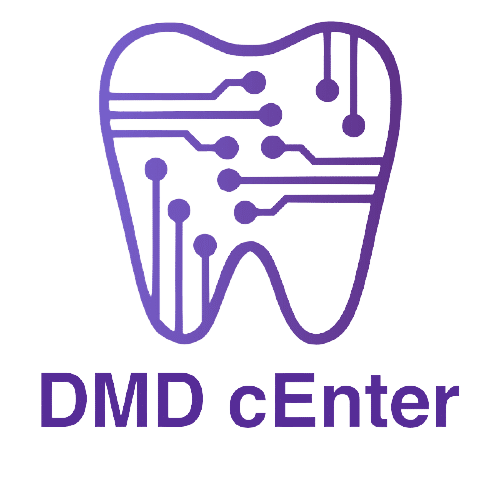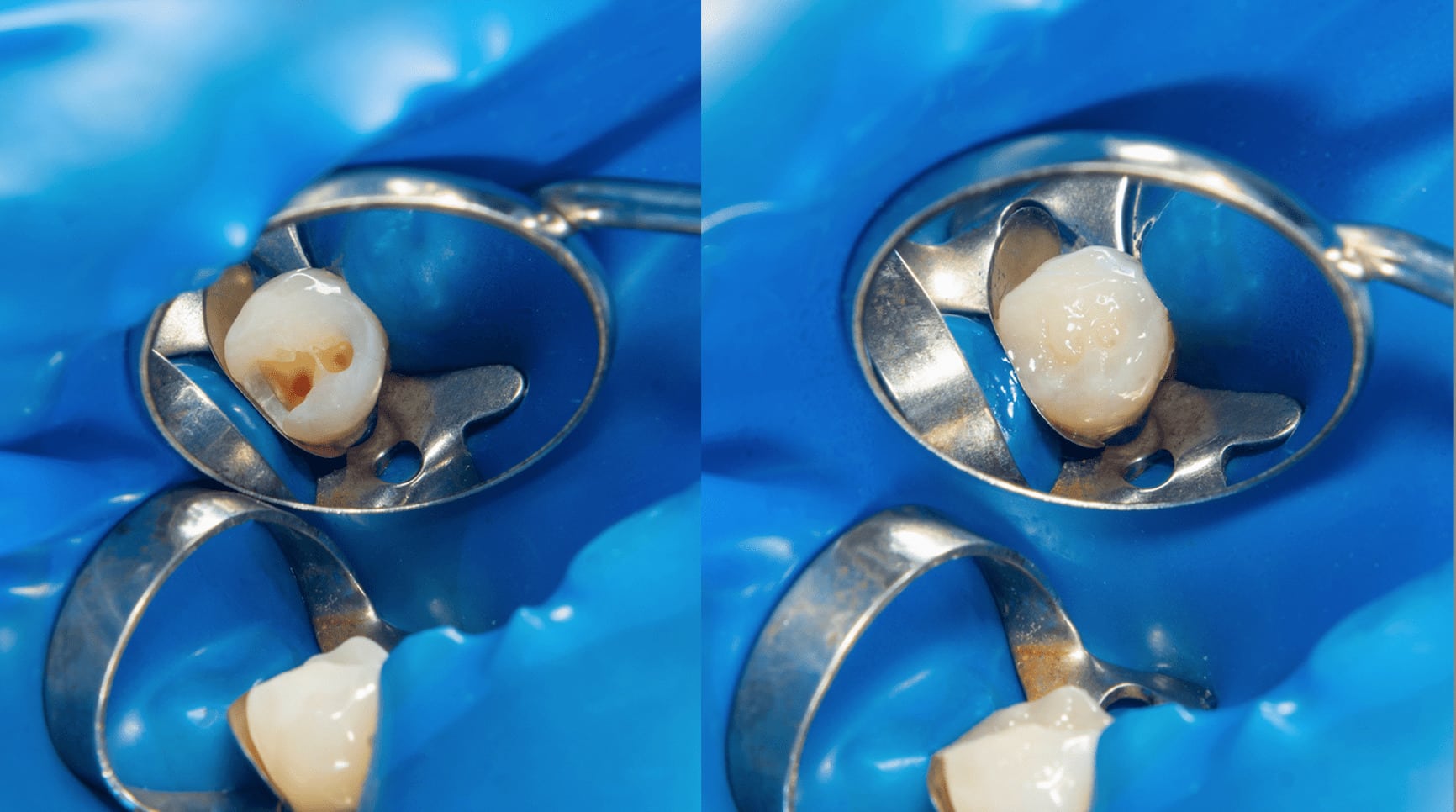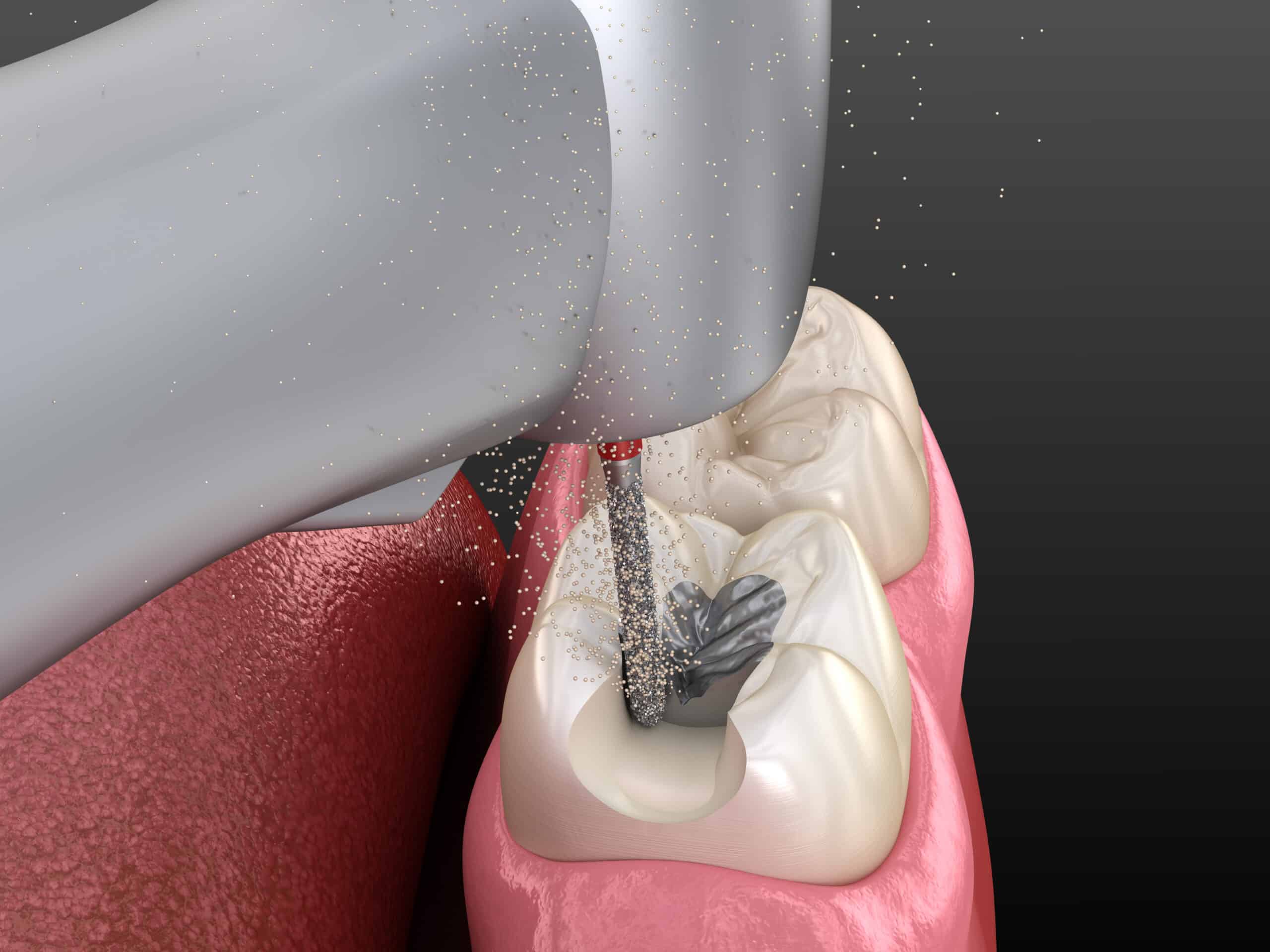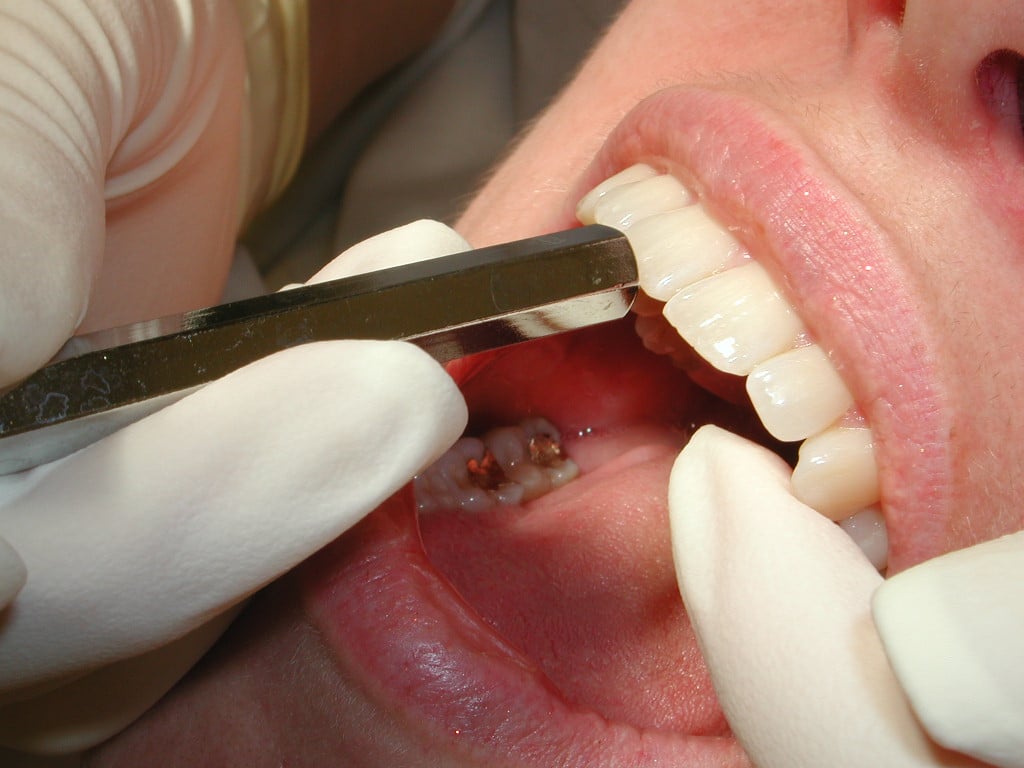Know 4 Factors TO CONSIDER In Hiring
Dental Assistants
As the number of graduates and board passers of Dental Medicine increases, knowing who to hire and profiling who to keep is one of the biggest challenges for dental practice owners.
Here are some worthwhile factors to take into consideration:
I. Know Your Numbers
A. Numbers do not lie and usually provide accurate statistics. The basic rule of thumb for a general practitioner to support an associate dentist is that they must be at a place in their career wherein they have:
- At least 250- 390 patients in a month
- Minimum of 2000 active patients
B. Financial stability to subsidize at least 6-12 months salary of the associate.
- 2-3 working dental chairs inside the clinic.
Hiring an associate dentist may create financial risks for you. Even experienced professionals require time and resources to solidify their practice. It is important to note that if the practice is not gaining enough traction financially, hiring an extra hand might end up negatively.
II. Know Your Market
It’s more practical to hire an associate that can provide services you can’t provide or don’t necessarily practice. It’s wiser to include someone in your team that can contribute to the skill set of the group. For example, if you are lacking confidence and having difficulties with your Endodontics case, look for an associate that specializes in Endodontics and general practice.
It’s a good option to observe which procedures your associate dentist excel in. You can offer CE courses of that specialty to them in order to further nurture their practice and the depth of skills of your team. Be sure to define that into your agreement, that there should be a lock-in period for you to utilize them properly.
III. Know Your Types of Agreement
You should understand that hiring a new associate is not a solution in lessening your work hours or a shortcut to upselling your practice. Here are some types of agreements:
- Employee- Only
- Partnership Buy In
- Independent Contractor
Some associates have no interest in owning a practice yet and some are just looking experience. This creates at least a 1-2 year bond for your associate for them to focus on their fundamentals and potentially helps them determine which subspecialty they want to pursue. It is important that the employment agreement states and provides transparency with the expectations, commissions, benefits and practice buy-in possibilities.
The associate can make a financial investment if he/she has the capability and resources that could further bolster your practice. If possible, create a final buyout for your retirement. However, be clear that if the partnership is not happening in the specific period of time that you have provided, it can be dissolved.
The associate can make a financial investment if he/she has the capability and resources that could further bolster your practice. If possible, create a final buyout for your retirement. However, be clear that if the partnership is not happening in the specific period of time that you have provided, it can be dissolved.
IV. Know Your Compensation and Conditions
An employment contract is an agreement by which one party commits to compensate another party for the performance of employment services, and the second commits to perform those services, to be bound by certain specified restrictions. An agreement can be oral or it can be in writing. Oral agreements, however, are subject to indefiniteness, incompleteness, and lack of and selective memory of the parties, and disputes over oral agreements may lead to litigation that can be extremely expensive and time-consuming. Agreements in writing, on the other hand, will, if properly drafted, clearly set out the understanding between the parties and their respective rights and responsibilities. Disputes over the terms of written agreements can and do arise, but such disputes are not the norm. Thus, particularly with respect to something as important as your employment, agreements in writing are highly recommended.
Writing a strong dental associate employment agreement is one of the most effective ways to protect your practice, yourself, and your new associate. This defines your associates job description, limitations and compensations pertaining to the period that the associate dentist is employed. In addition, employers must create certain provisions of an agreement which is imposed even beyond termination of the employee. A restrictive covenant, for example, may prevent the former employee-dentist from practicing in the geographic area of their choice. A non-solicitation clause may prevent the dentist from hiring any trusted hygienist, dental technician, office manager or other associate dentist. As it may create a potential impact in the clinic patient base.
Any agreement should contain (contract) his/ her duties, responsibilities and financial agreement during the practice. A financial agreement should contain the associates benefits (Pag-Ibig, SSS, Philhealth for example in the Philippines), gross earnings, commissions, laboratory fee, bad debts , etc... While the duties should include the terms under which your associate can be compensated.
Credits on Image: ID 117326978 © Syda Productions | Dreamstime.com













